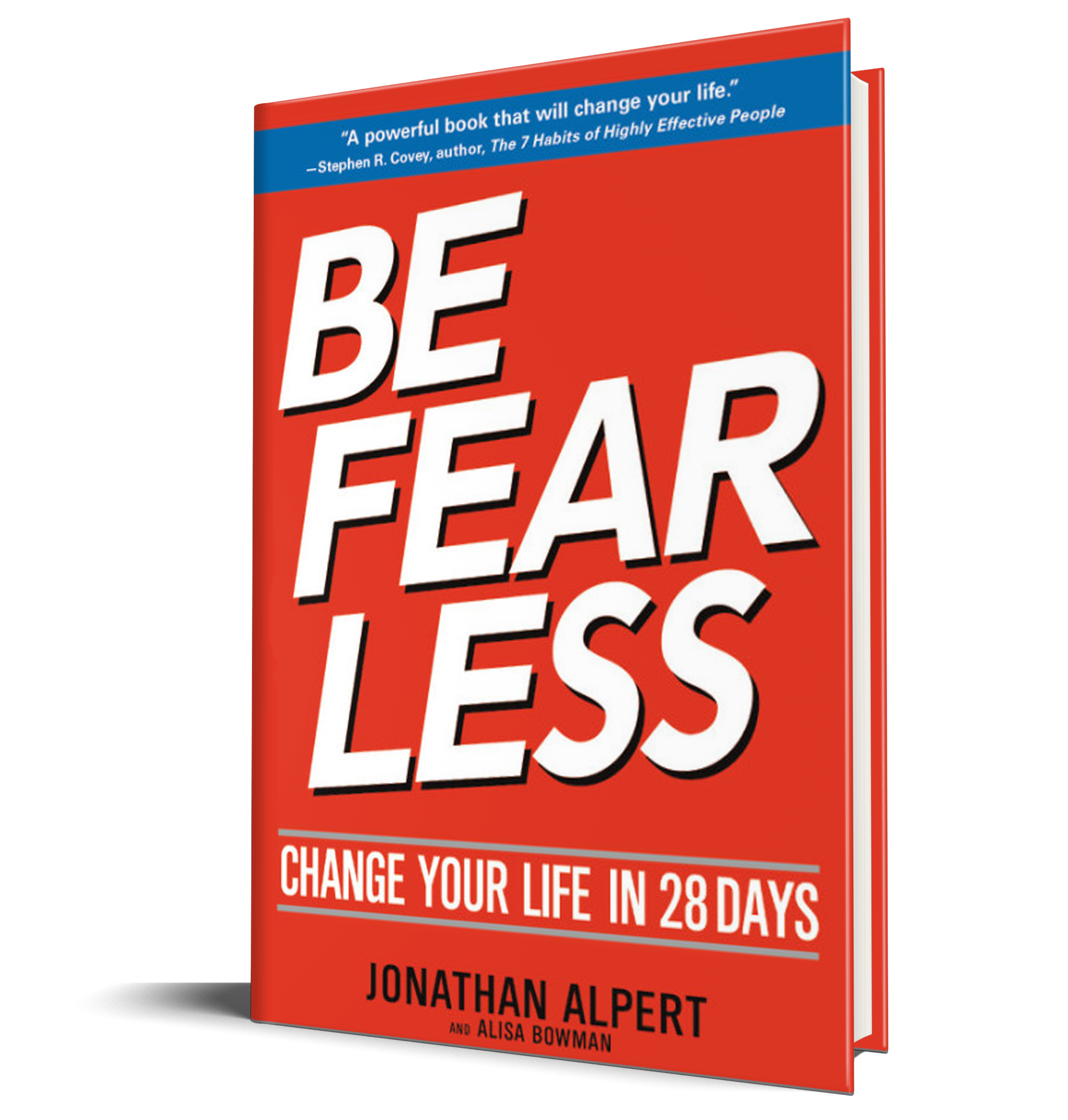Despite popular belief, nervous sensations are actually quite useful. They date back thousands of years to a time when most of what humans didn’t know, didn’t understand, or couldn’t predict could literally get them killed. If early humans were fearless enough to walk onto an unfamiliar grassy prairie, for instance, they ended up becoming dinner for a wild animal lurking in that grass. So humans and other animals developed a built-in fear of the unknown. In a dangerous, uncertain world, it was quite helpful for early humans to be able to react to danger quickly and effectively. Thus the “fight or flight” response was wired into the nervous system.
This fear response is designed to give you a great deal of strength, smarts, and speed when you are under attack. When early humans were confronted by dangerous wild animals, their fear response helped them to run and hide. It also helped them to find the strength needed to club an animal over the head or play dead, if needed.
We rarely confront wild animals in modern times, but the fear response remains. When you are startled, nervous, or stressed, your brain turns on your sympathetic nervous system. This triggers the release of stress hormones such as adrenaline and norepinephrine. From here a cascade of reactions result. These include:
• Increased energy and strength. Your heart rate and breathing rate speed up in an effort to provide more oxygenated blood to your muscles. It pumps sugar into your bloodstream so your brain and muscles can burn it easily and quickly, allowing you to run away from or fend off an attacker. This surge of energy and strength has, for instance, allowed mothers to lift cars off their trapped children.
• Sharper vision and hearing. This allows you to see and hear better so you can more easily spot dangerous predators.
• More endurance. During the fear response, the body sweats. This serves as a pre-cooling mechanism so you are better able to run without getting overheated.
• Less pain. During the fear response, the body turns down your perception of pain. It’s for this reason that a gunshot victim might not realize he or she has been shot. The pain eventually does kick in— and in a big way— but not until the injured person has gotten to safety and the fear response has subsided.
When your fear response is flipped on, your entire body is mobilized to do one thing and one thing only: survive.
Many people think of the fear response as a negative response, and they want to eliminate it, however, if you start to think about it differently, you’ll feel much better when faced with things that make you feel anxious.
Think of it as an asset, one that you can harness and use to your advantage. Isn’t it great, for instance, to know that you are capable of much more physical strength, speed, and agility than you realize?
So, next time you feel fear and anxiety, know that it serves a purpose and you can use it to your advantage and give yourself a dose of fearlessness.

Published with permission from Be Fearless: Change Your Life in 28 Days by Jonathan Alpert.
Follow us here and subscribe here for all the latest news on how you can keep Thriving.
Stay up to date or catch-up on all our podcasts with Arianna Huffington here.


